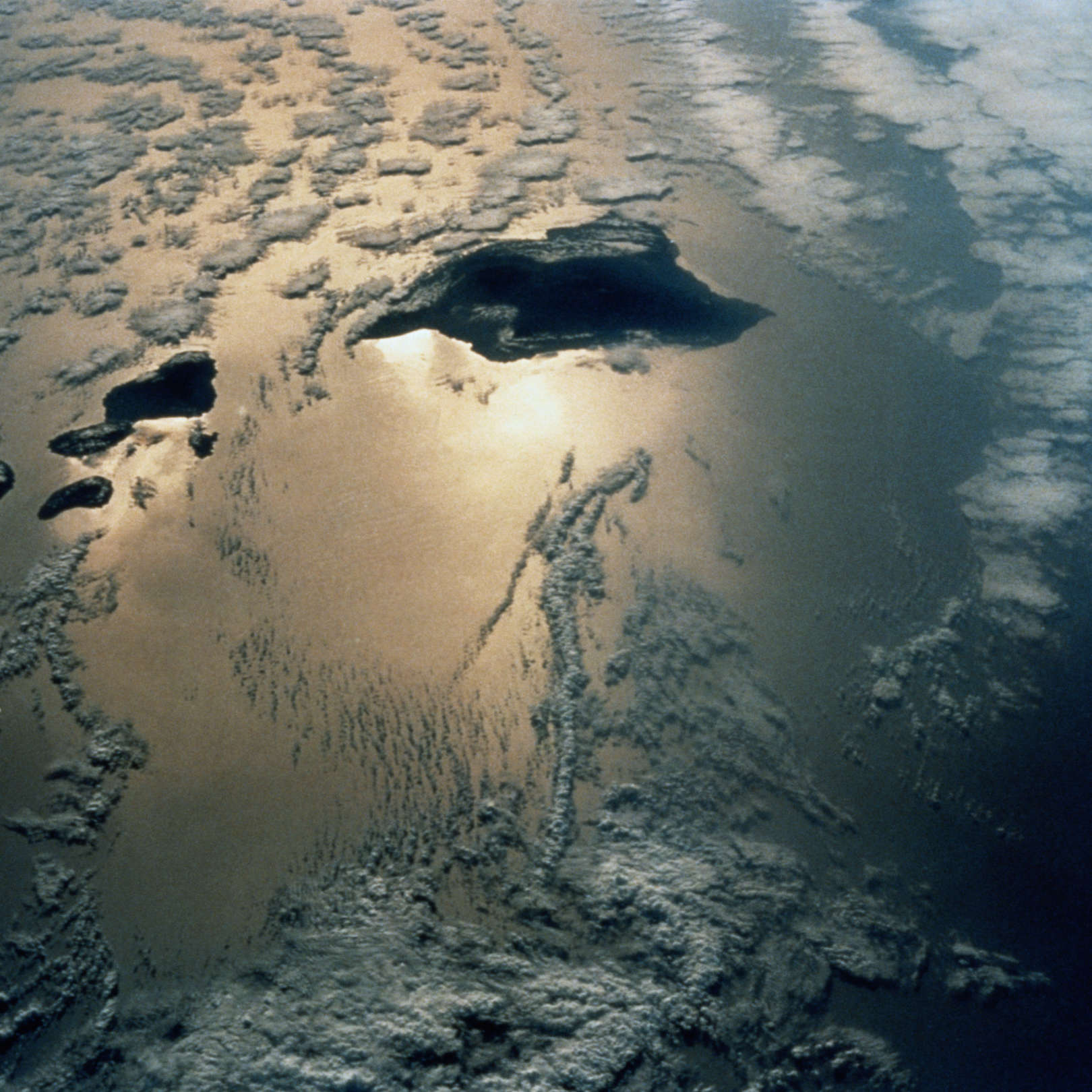INESC TEC researchers develop technologies to explore the deep sea
CORAL - Sustainable Ocean Exploitation: Tools and Sensors – is the name of the project that joins INESC TEC and the Interdisciplinary Centre of Marine and Environmental Research of the University of Porto (CIIMAR) in the exploration of the deep sea under the motto "Knowledge to intervene".
04th May 2017
Project is titled CORAL and involves INESC TEC and CIIMAR
Researchers at both institutes are developing technological tools and sensors capable of supporting the sustainable exploration of the deep sea.
Deep sea exploration
"The deep sea contains a vast base of mineral and biological resources with great potential; however, many of these resources are located in sensitive ecosystems which are poorly studied and understood. In this context, the development of appropriate technological tools and sensors is essential to ensure a sustainable and responsible exploitation of these marine resources and the implementation of strategic actions with national and regional impact", said Filipe Castro, researcher and one of the coordinators of the CIIMAR project.
In addition to living resources, minerals and metals such as copper and nickel can also be exploited. These elements need to be mapped and quantified.
The lines of research of the project
The project, which will have a duration of three years, has two lines of research.
The first, Bluetools, intends to respond to the growing need for the creation of tools and technologies capable of operating in marine environments, namely in monitoring and exploring the water column, soil and subsoil. "These new technological solutions will be combined with the development of directives and with risk and impact assessment methods for a future exploitation of the resources of the deep sea," says Eduardo Silva, coordinator of the Centre for Robotics and Autonomous Systems (CRAS) of INESC TEC and professor at the Polytechnic of Porto - School of Engineering (ISEP).
The second line, BlueSensors, focuses on the development of innovative sensors based on photonic technology for operation in marine environments, whose unstable and harsh nature raises several scientific challenges. The creation of physical, chemical and biological sensors for an in-situ perception capable of providing critical information in multiple dimensions, such as understanding the evolution of water quality, evaluating the impact on biodiversity and assessing the integrity of marine infrastructures, is a fundamental requirement for an efficient management of the exploitation of marine resources.
According to the researchers, the challenge of this project is to "be able to respond to a vast set of requirements in a unified technological matrix that allows real-time monitoring of physical, chemical and biological parameters in a complex system such as the sea."
The project, coordinated by researchers Filipe Castro and Miguel Santos (CIIMAR) and Eduardo Silva and Pedro Jorge (INESC TEC), is funded by the Northern Regional Operational Programme (NORTE2020) through the European Regional Development Fund (ERDF).
The INESC TEC researchers mentioned in this news piece are associated with UP-FCUP, P.Porto-ISEP and INESC TEC.


